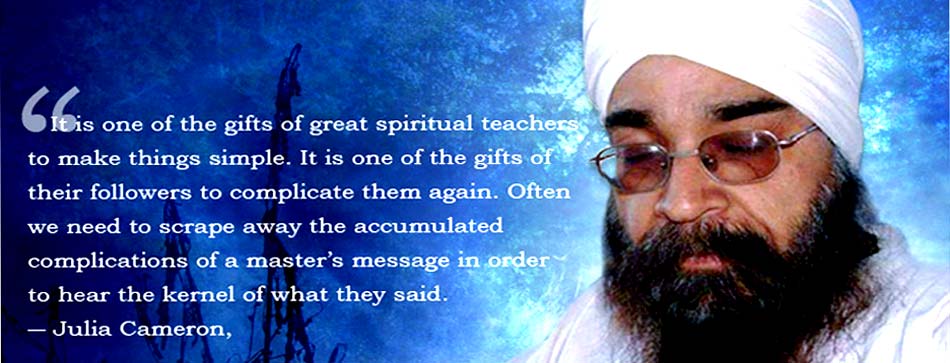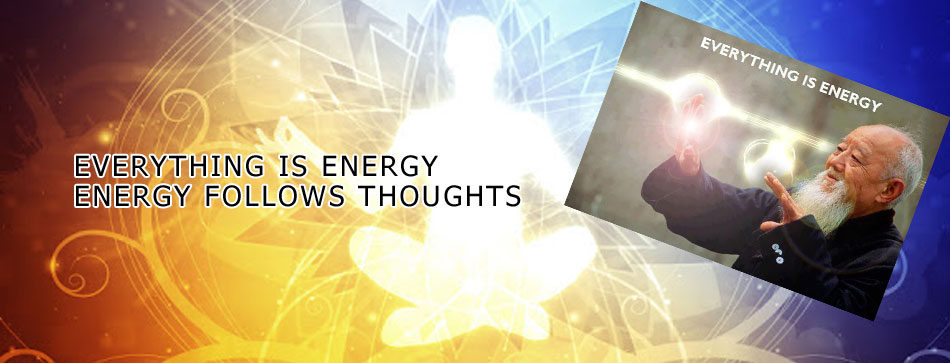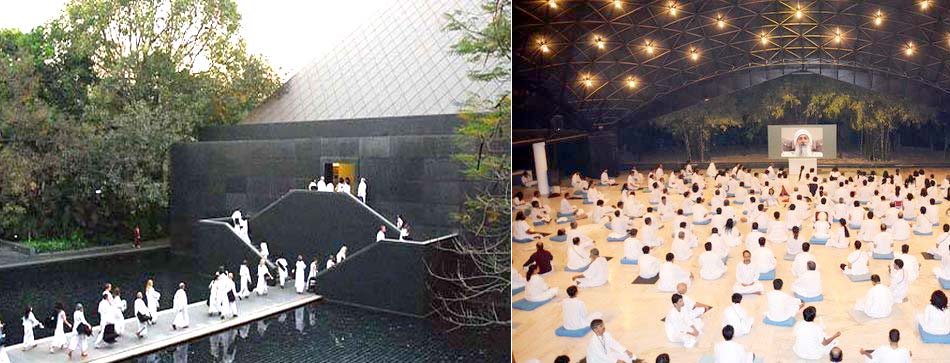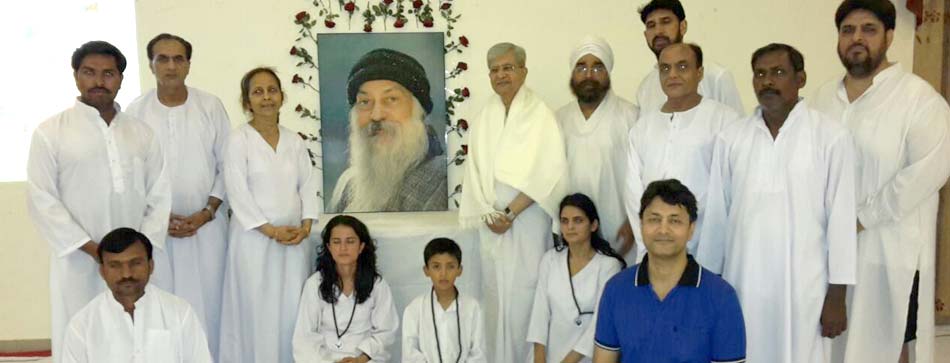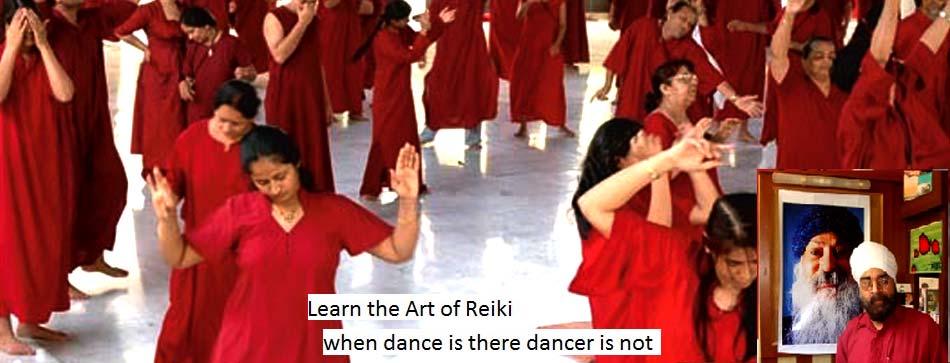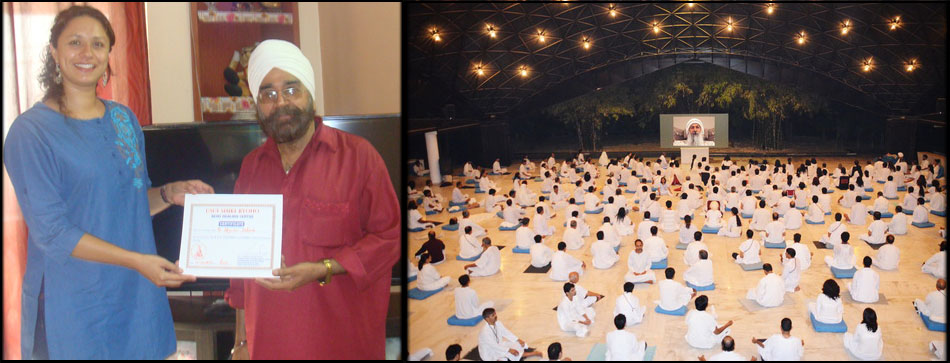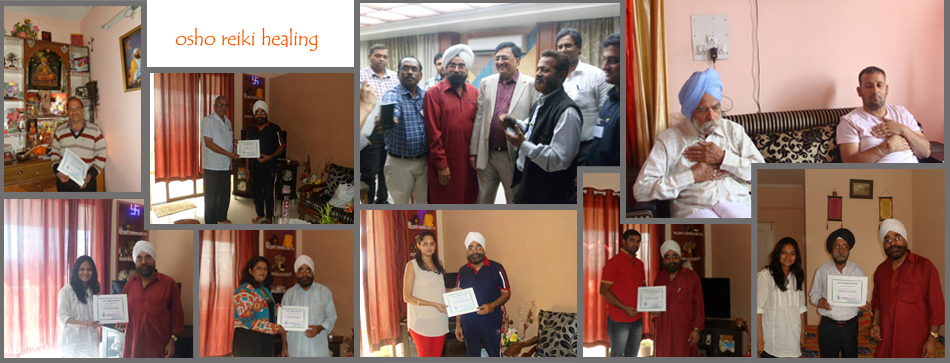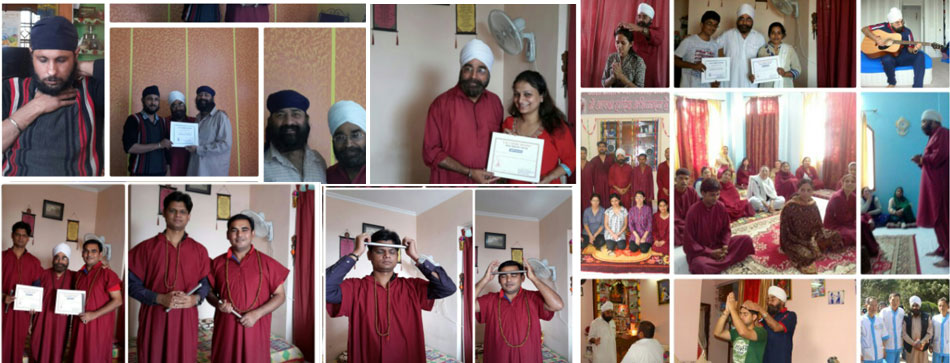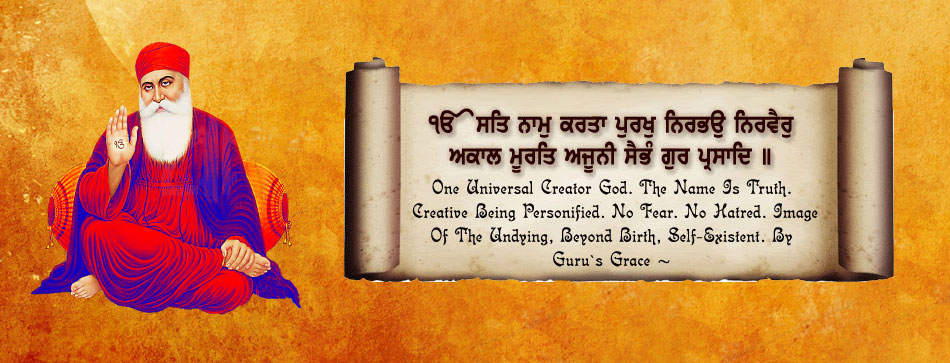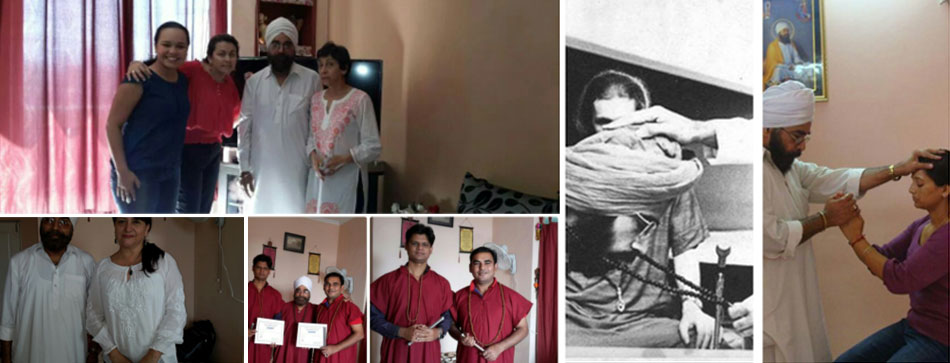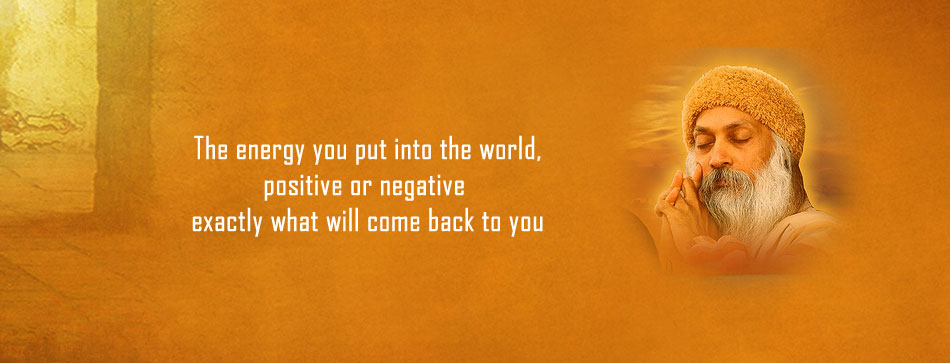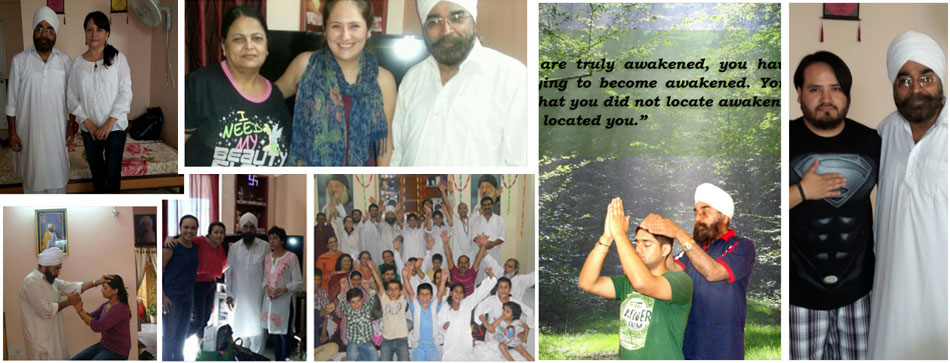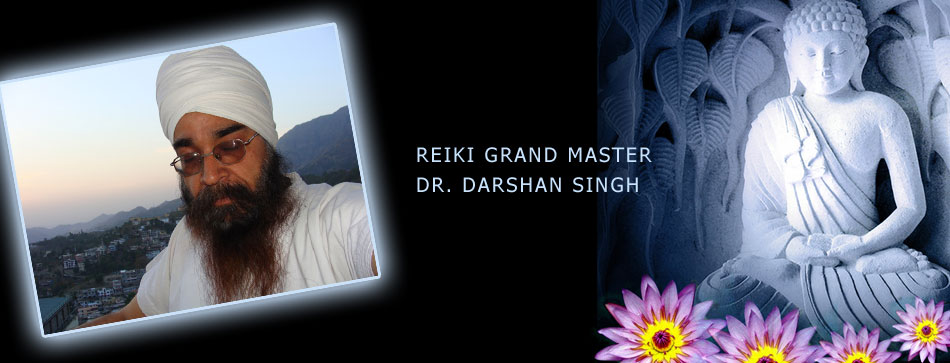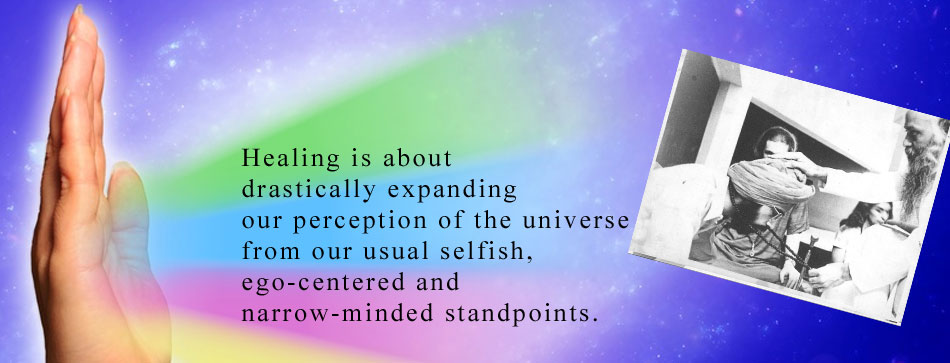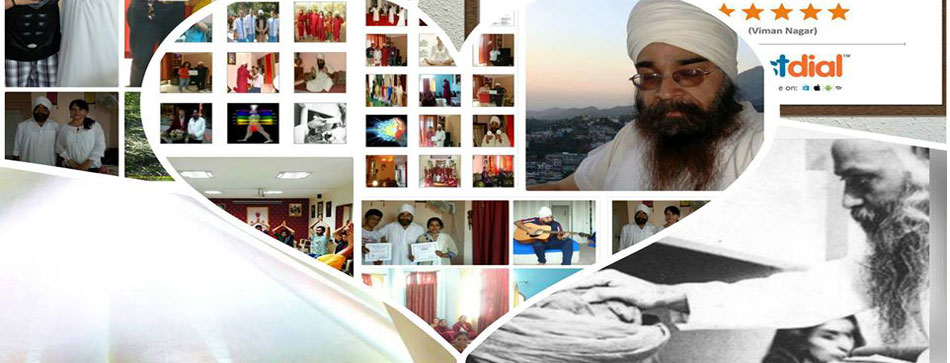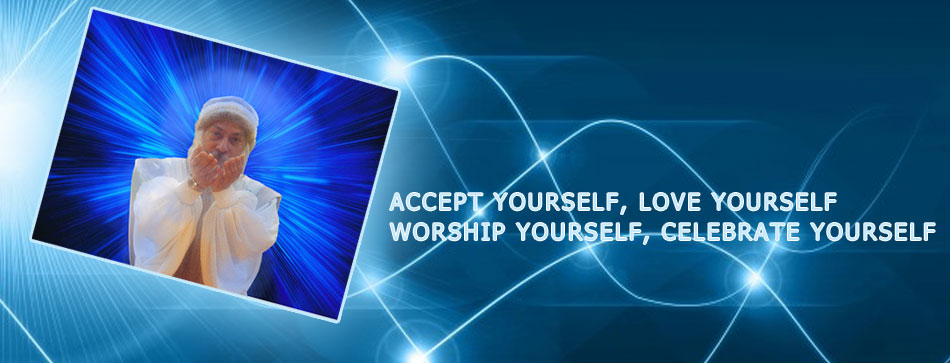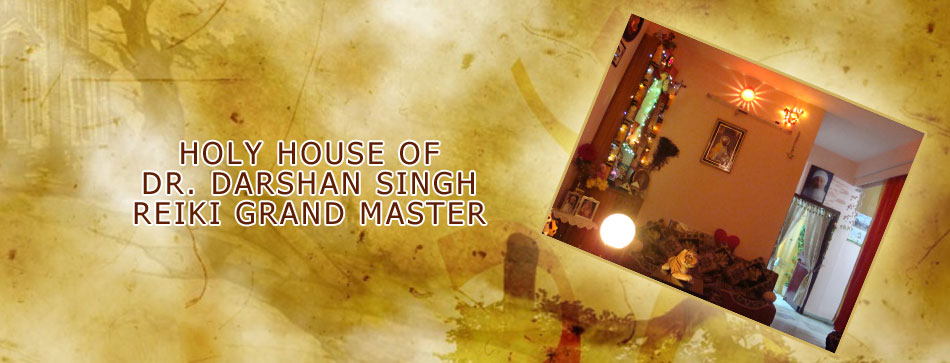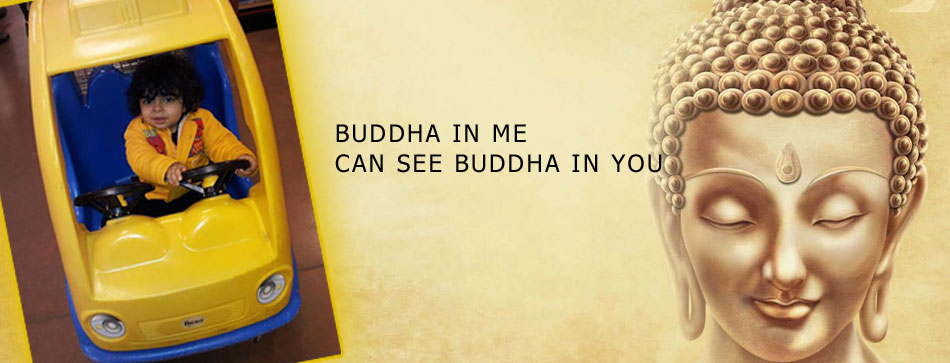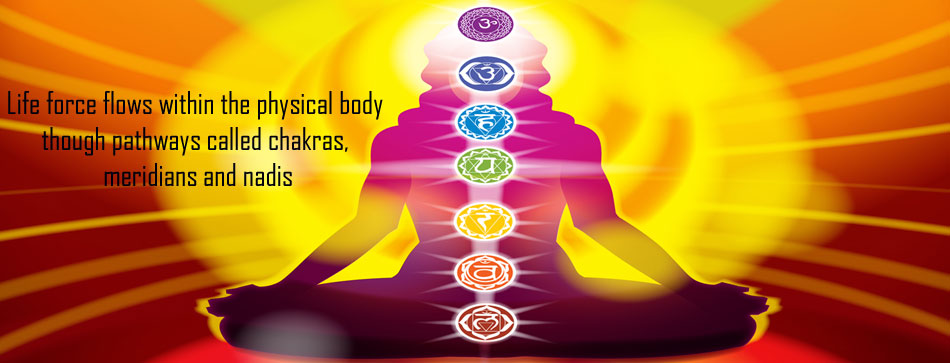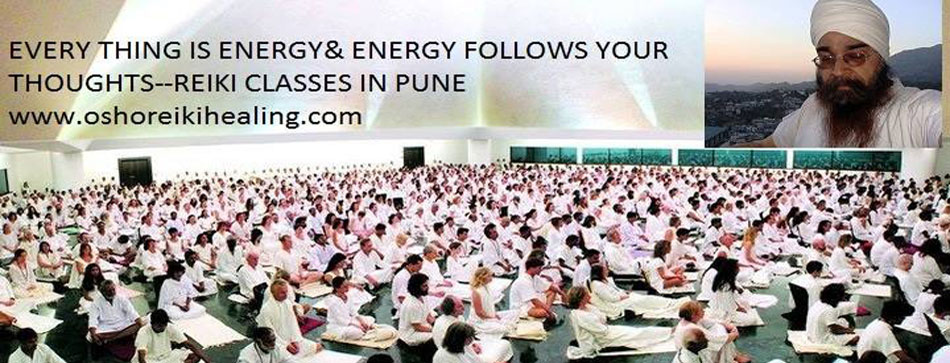What Is Sleep Apnea?..
- 2014-02-04
- By
- Posted in Nutritions
Sleep apnea is a serious sleep disorder that occurs when a person’s breathing is interrupted during sleep. People with untreated sleep apnea stop breathing repeatedly during their sleep, sometimes hundreds of times. This means the brain — and the rest of the body — may not get enough oxygen.
There are two types of sleep apnea:..
…………………………………………
Obstructive sleep apnea (OSA): The more common of the two forms of apnea, it is caused by a blockage of the airway, usually when the soft tissue in the back of the throat collapses during sleep.
Central sleep apnea: Unlike OSA, the airway is not blocked, but the brain fails to signal the muscles to breathe due to instability in the respiratory control center.
Insomnia Disorder and Sleep Apnea..
……………………………………………
Insomnia disorder is a remarkably common complaint, defined as having trouble falling asleep or staying asleep.
Almost every adult suffers from it at some stage in their life.
If you ever feel stressed in situations such as traumatic events, family pressures or work, you probably had trouble sleeping that night.
However, there are situations where insomnia appear due to another disorder or medications.
This type of insomnia is more severe, being defined as having symptoms at least two or three nights per week for more than one month.
Causes of Insomnia Disorder….
…………………………………………….
The risk factors that can cause insomnia are one or more of the following:
Mood disorders – it is very likely to have chronic insomnia if you have a mood disorder, like depression or anxiety disorders.
neurological disorders such as Alzheimer or Parkinson can have as a symptom insomnia disorder.
other disease or disorder that can affect your sleep, such as asthma or arthritis.
medications that can cause insomnia, such as dopamine, serotonin, amphetamines and benzphetamines, modafinil, pain relievers and steroids.
irregular sleep schedule due to shift work, drinking alcohol, drinking cafe late in the day, watching TV in bed, exercising in the evening before bedtime.
other sleep disorders, such as sleep apnea, restless leg syndrome or narcolepsy.
Anxiety can cause and even increase the severity of insomnia. Interestingly, the reverse is also true: insomnia may cause anxiety.
Because a person with insomnia had trouble sleeping in previous nights, he becomes anxious at signs that show he may not be able to fall asleep right away.
So, the more time you spend in bed not sleeping and watching the clock, the more your anxiety increases.
What Are the Effects of Sleep Apnea?..
…………………………………………..
If left untreated, sleep apnea can result in a growing number of health problems, including:
High blood pressure
Stroke
Heart failure, irregular heart beats, and heart attacks
Diabetes
Depression
Worsening of ADHD
In addition, untreated sleep apnea may be responsible for poor performance in everyday activities, such as at work and school, motor vehicle crashes, and academic underachievement in children and adolescents.
Anxiety Symptoms from Sleep Apnea…
………………………………………………
rapid and irregular heart beat (palpitations),
sweating,
shaking,
sensation of asphyxiation or choking (with or without CPAP mask),
feelings of suffocation (mostly when sleeping with CPAP mask),
nausea,
chest pain,
dizziness, weaknesses and likely to lose consciousness,
loss of personal identity (depersonalization),
having fear of going crazy or losing control,
fear of dying, which is a common trigger of anxiety in patients with sleep apnea,
sudden brief sensation of heat and cold.
Rising Kundilini
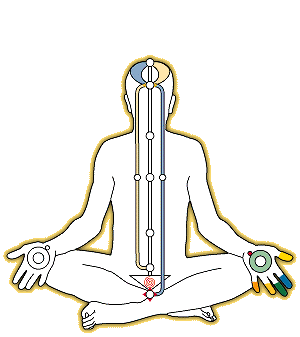
Thoughts
Blissful Music
3D Live Visitors Stats
Visitor Locations
Join Me

Calender
| M | T | W | T | F | S | S |
|---|---|---|---|---|---|---|
| 1 | 2 | 3 | 4 | 5 | 6 | |
| 7 | 8 | 9 | 10 | 11 | 12 | 13 |
| 14 | 15 | 16 | 17 | 18 | 19 | 20 |
| 21 | 22 | 23 | 24 | 25 | 26 | 27 |
| 28 | 29 | 30 | 31 | |||

